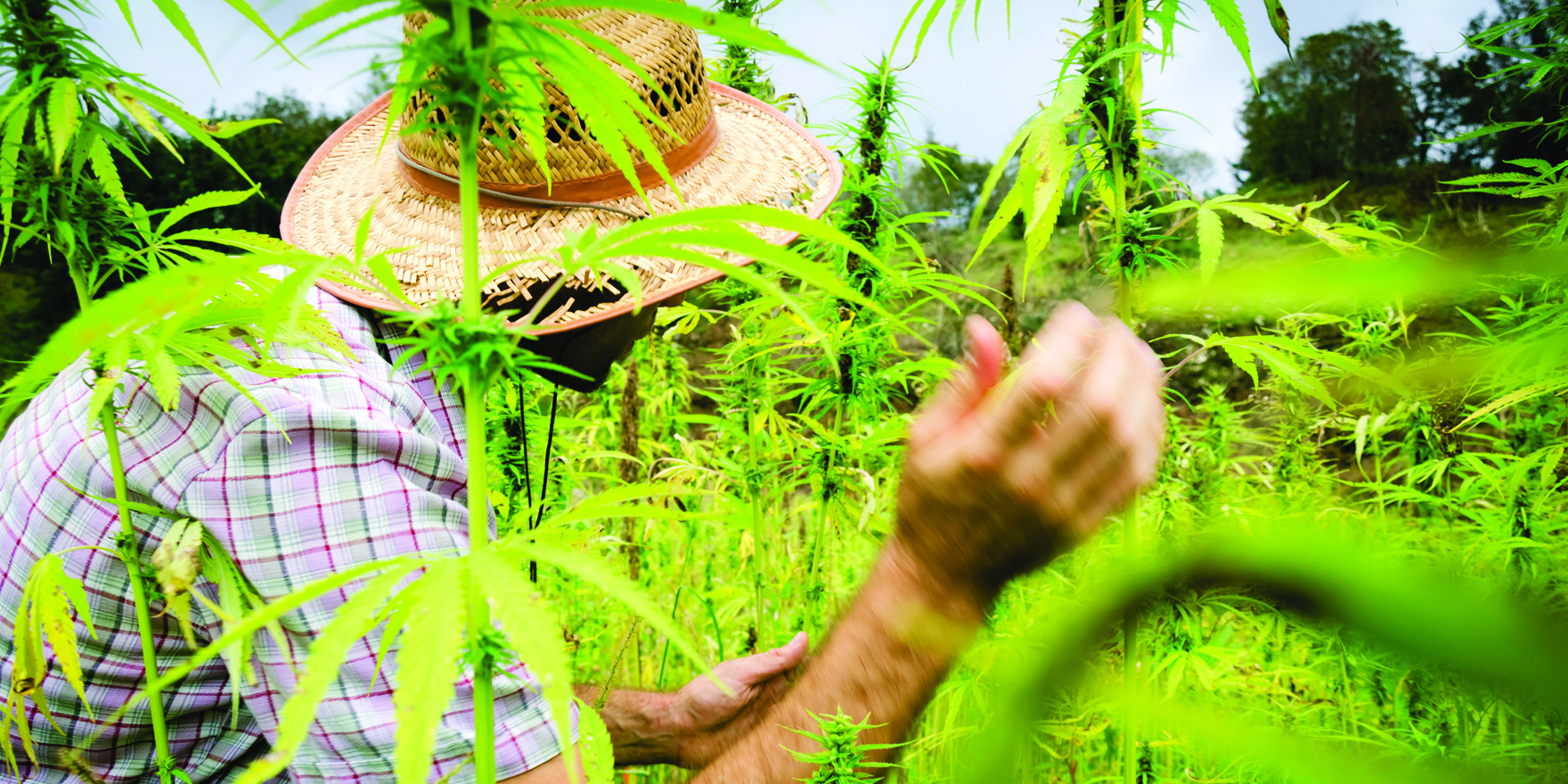Why is the government seemingly blocking medical cannabis imports for palliative-care patients?
Over two months have passed since the Senate changed the law to make it easier for palliative-care patients to access medical cannabis.
But, in that time, the TGA has only received four medical cannabis applications under Category A of the Special Access Scheme (SAS-A).
Despite a processing time of only a day, the Office of Drug Control has only approved one import of medical cannabis under the SAS-A.
The scheme allows for the import and supply of unapproved therapeutic good for a single patient who is seriously ill with a condition from which death is reasonably likely to occur within a matter of months.
The Greens, Labor, One Nation, and a handful of senators fought tooth and nail for this SAS-A pathway to medical cannabis, which was finally passed on June 13 this year. So, why aren’t importers and doctors using it?
An email obtained by the ABC’s Lateline in August sheds some light on the issue. It showed that the Office of Drug Control was instructing current importers that supplying medical cannabis under SAS-A was in breach of their permit and licence conditions, which were issued prior to this motion being passed.
The email seemed to indicate that all future permits would be similarly restricted, overriding the clear intention of the Senate, Dr Teresa Nicoletti, a legal expert in medical cannabis at Mills Oakley, said.
Current importer permits allow supply of medical cannabis products in bulk (for SAS-B patients), however medical cannabis for the SAS-A “must be imported patient by patient”, a spokesperson at the Australian Government Department of Health said.
The government was “hiding behind technicalities” in order to make it difficult for patients to access medical cannabis, Cathering King, the Shadow Minister for Health and Medicare, claimed.
However, the government maintained that the drug control office was not blocking imports. There was nothing to stop doctors who were treating patients that met the SAS-A definition from submitting a SAS-B application, which took only two working days to process, the spokesperson said.
SAS-B provides access to unapproved medicines by health practitioners for patients that do not fit the Category A definition.
A total of 220 SAS-B applications for medicinal cannabis products have been lodged since January last year. The majority of applications (117) were approved, no applications were rejected and 28 were withdrawn. The remaining 75 applications were pending further information from the doctor.
“In other words, terminally ill patients are not being denied access to this medicine,” the spokesperson said.
The TGA suggested the lack of evidence, rather than regulatory barriers, was the main reason prescriptions for medical cannabis were low.
However, Dr Nicoletti said the TGA was making the burden of proof unreasonably high.
The TGA presented the medical cannabis application as a simple online form. But when doctors lodged that form, the TGA would send a follow-up letter asking for a lot more information, Dr Nicoletti said.
The TGA wanted doctors to reference RCTs and systematic reviews for medical cannabis, even though that evidence should not be necessary to support an SAS-B application, she said.
“N=1” clinical evidence should be sufficient to support an SAS-B approval for that patient, as the therapeutic effect of medicinal cannabis is not necessarily the same between individuals, she added.


